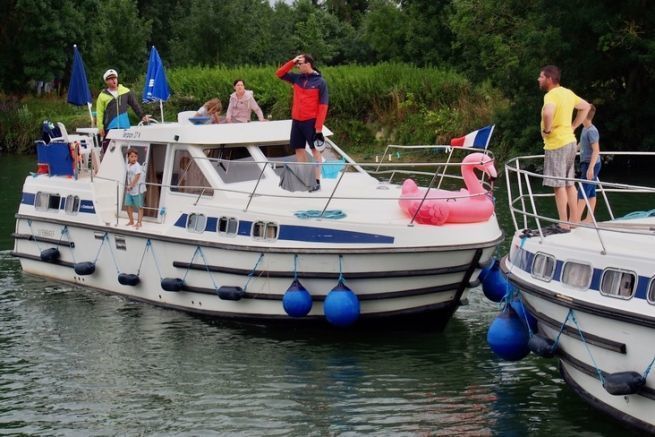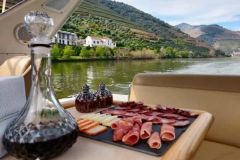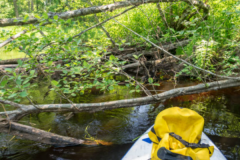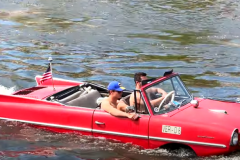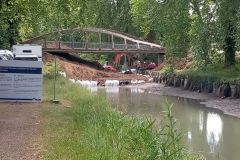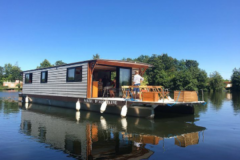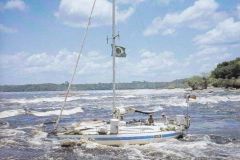The river space is by nature relatively small, which increases the frequency of interactions between its users, be it during navigation, at locks or at the stopover. In addition, many river boat renters are new to this form of recreation and lack confidence on their first trip. The number one recommendation is to keep a good dose of tolerance, especially if you visit a rental base on a Saturday evening, the most important departure day for rental companies.
Don't take up all the space
The river pontoons are open access, and even if you are the first to dock, be sure to stand at one end to make room for other boats to come. This will allow you to go out and take the moorings of the newcomer rather than having to move your boat and grumble when it tries to squeeze into the meager space you have left.
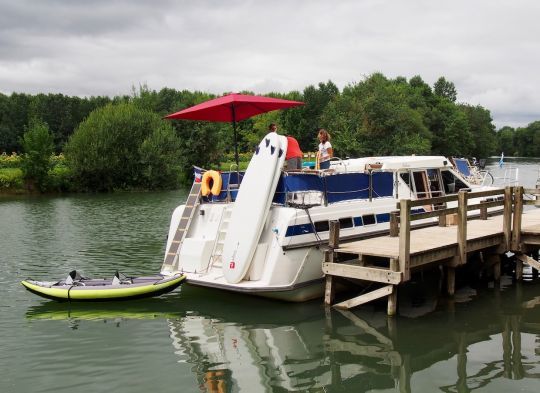
Water and electricity for all
This sharing of space should also be a concern with regard to services such as water and electricity. In the case of inland waterways, these are often made available free of charge by the local municipalities. This is another reason not to squat on the only berthing space that allows access. Once the boat has been refueled, it should be moved and an extension cord should be available long enough to avoid blocking access to the terminal for other users.
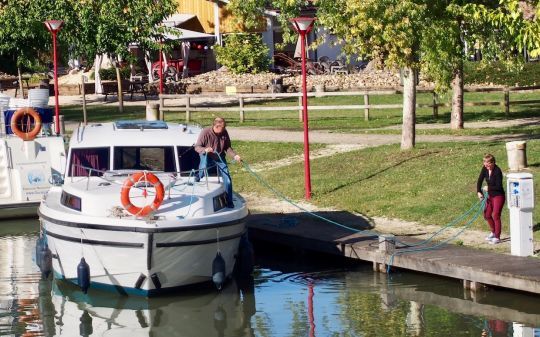
Silence and clean air
The quest for electricity is one of the most contentious issues, especially since some boats are equipped with air conditioners or fridge-freezers. Some of them are so greedy that they blow up the protections of the terminals, depriving the other users of energy at the same time. In order to take advantage of the "comfort", some of them do not hesitate to make their generator hum to the great displeasure of the other boaters.
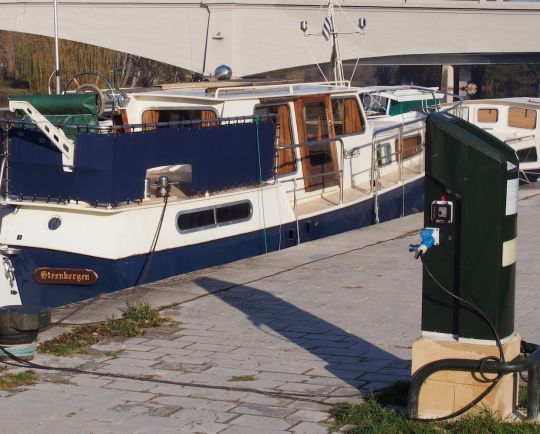
Grills and sausages
Noise and exhaust fumes are not the only nuisances of the port of call. Many modern boats are equipped with planchas and other deck grills. If this is the case on your boat, be careful that the wind does not blow the fumes and odors of your preparations onto your neighbors. It's the least you can do.

Beware of flapping
Speed is another source of conflict and boats are regularly seen crossing parking areas at speeds that are notoriously too fast. In fact, speed is of little importance, what should be avoided is the wake waves that break on the banks. They are what shake the moored boats and especially damage the banks. On the waterways and in particular on the canals, the rule is to navigate at speeds that avoid these destructive waves.
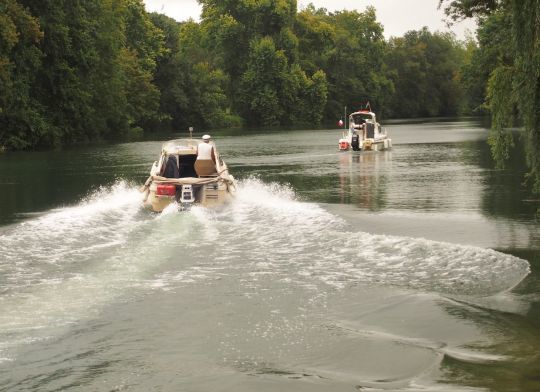
Service pontoons
When locks have a waiting pontoon, they will be used only for this purpose. Nothing is more annoying than not being able to access them because another boat has chosen to moor there and its crew has left to visit the area. Commercial or passenger boats have priority at the locks, so don't try to outwit them. Similarly, if a boat follows you, do not close the door in its face. Crossing the lock together saves tons of water!
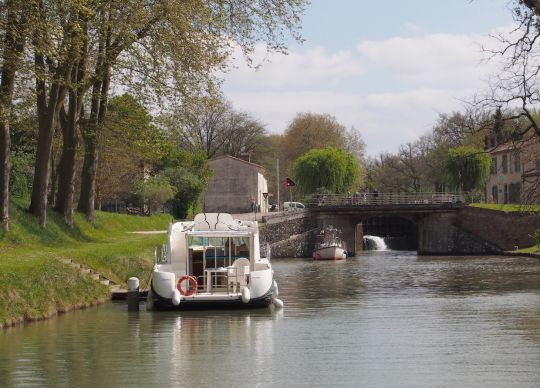
A little help
It is also customary to send a crew member to help the lock keeper when the crew allows it. This avoids him to go around his lock unnecessarily to open or close the gate on the opposite side. It is not a big constraint but it contributes to the good relationship and conviviality between the different actors of the waterway.
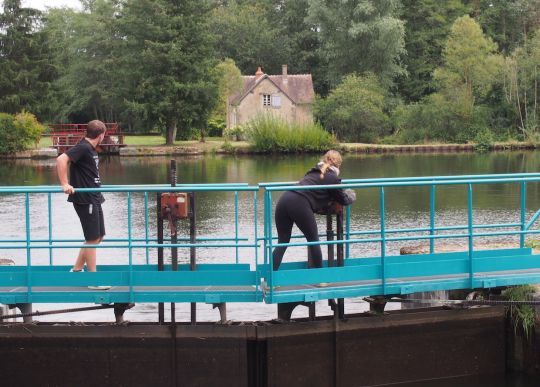
On the water or elsewhere, attention to others allows us to live in harmony with our contemporaries. The boat is not a natural element for some of us, all the more reason to adopt the right attitude and participate in this discovery by showing by example how we would like everyone to behave.
